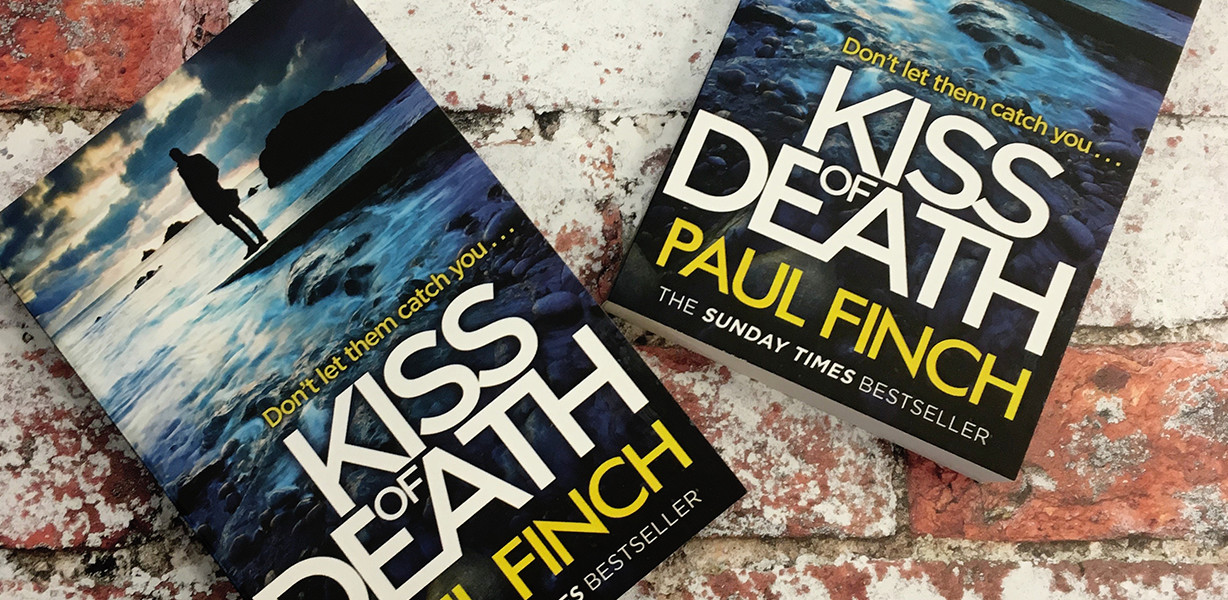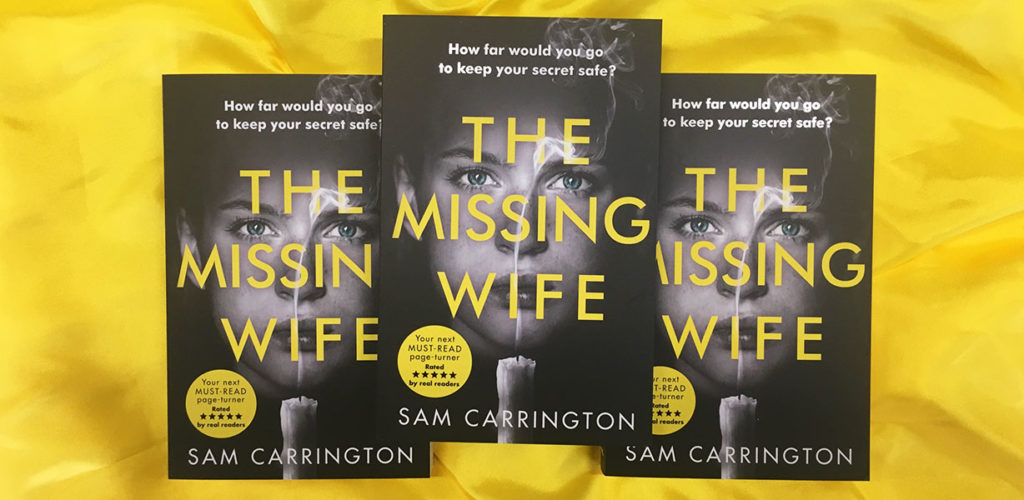It may come as something of a surprise, but lots of police officers don’t want to be detectives any more. The popularity of the role has dwindled in recent times. In fact, so serious is the problem that many UK police forces are now mounting big promotional drives within the service, widely advertising vacancies which at one time would have been snapped up immediately. The experts have given us all kinds of reasons, arguing that promotion within the confined ranks of CID is less likely than in the broader church of Uniform, and so when you have a modern police service which projects itself as a lucrative career, being a detective is much less appealing. But the most likely explanation in my view is that being a successful police detective is very, very demanding, requiring a rare combination of talents.
So where does all this leave Detective Sergeant Mark Heckenburg?
Well … I hope it’s obvious by now that he’s a damn good detective. He went into uniform in 1995, and was a detective by 1998, illustrating that he had great natural aptitude. Since then, he’s spent the last two decades as a detective, and when we join him in KISS OF DEATH, he’s in his 10th year in the Serial Crimes Unit, which is pretty much the crème de la crème.
But what actually is it that makes him this good?
To start with, every detective needs an encyclopaedic knowledge – not just of the criminal law, but of the criminals: who are the offenders on his patch? What is their form? What is their status? Do they have weaknesses you can exploit or gain leverage from?
Well, Heck had plenty time to acquire this. Because of an anti-police attitude at home, the Greater Manchester Police having framed his brother, Tom, for a series of crimes he didn’t commit (which led directly to Tom’s suicide), Heck’s joining of GMP in 1995 left him isolated both from friends and family alike, leading to his seeking reassignment to London. This imposed isolation gave him masses of time to familiarise himself with all aspects of his new-chosen career.
Heck’s knowledge of the law, and his villains, is neatly underlined in the latest instalment, KISS OF DEATH, in which he persuades the solicitor of a snuf cinema bouncer to tell all in return for Heck ‘losing the evidence’ linking him to a serious police assault because he is on parole after serving time for attempted murder and will likely go to prison for life otherwise.
Perceptiveness is another important aspect of detective-work, though there are two parts to this.
Firstly, you’ve got to be ultra-observant. Heck has demonstrated this several times. In HUNTED, he re-examines the scene of a fatal motor accident and locates a human tooth on the verge. This indicates that the man whose charred body was found in the burned-out car suffered most of his injuries outside of it – in other words, he didn’t die in the accident, but was murdered. Similarly, in ASHES TO ASHES, Heck’s assessment of an arson attack leads him to conclude that the target premises, a sex shop, had also been doubling as a peep-show, which leads directly to the discovery of witnesses. The second part of this is intuition, or a hunch. Again, Heck has displayed this skill many times, again in HUNTED, when he feels that a series of elaborate but fatal accidents just doesn’t add up, finally reaching the correct conclusion that a human agency is behind them.
Analysis is also important. Being able to read evidence and hypothesise accurately is vital. Heck demonstrates this in SACRIFICE, when from a bunch of crime scene photos, he determines that a suspected series of bizarre murders is actually something else. Both victims were found with clown-paint on their faces, but Heck deduces that the first is the victim of organised crime, while the second one is a victim of domestic violence.
One of Heck’s best traits, though, is his doggedness. Heck will never give up when he’s chasing a promising lead. In STALKERS, he puts in exhausting hours looking for 38 women and is prepared to continue investigating on his own time when Gemma forces him to take time off. It is his sheer doggedness that leads him to uncover the existence of a rape-and-murder club.
Another of the average detective’s vital assets must be physical toughness. Note, it’s not essential that you can fight like Steven Seagal (Heck nearly gets hammered in STALKERS, for example, when he takes on an entire bar-room full of Salford yobbos) – but you must be able to face up to the worst of the worst. In THE KILLLING CLUB, for example, he goes AWOL to track a bunch of professional murderers called the Nice Guys’ Club, and crosses country on foot, from the Cotswolds to the Northeast. It leaves him a wreck, but he does it. Likewise, in DEAD MAN WALKING, he is pursued across the Lake District fells by an armed serial killer, both on quad bikes. Heck is shepherded towards a cliff edge, and forced to take a 100 ft. voluntary dive into a night-black tarn.
Perhaps the most important thing of all, though, is moral correctness. All police officers are supposed to be upstanding public servants, but for detectives dealing with high-level criminals who will attempt to bribe them, it is a particular challenge. Though Heck has made deals with key underworld figures – as seen most obviously in STALKERS – this has never been for personal enrichment. He has many times manipulated and even broken the law – ASHES TO ASHES, for example, when he brutally blackmails a juvenile street-gang – it has only ever been to advance the enquiry. Heck has never taken a bribe or turned a blind eye to serious criminality.
The big question now of course is will he maintain these incredibly high standards in KISS OF DEATH. Well, sorry folks, but there’s only one way you’re going to find out…



